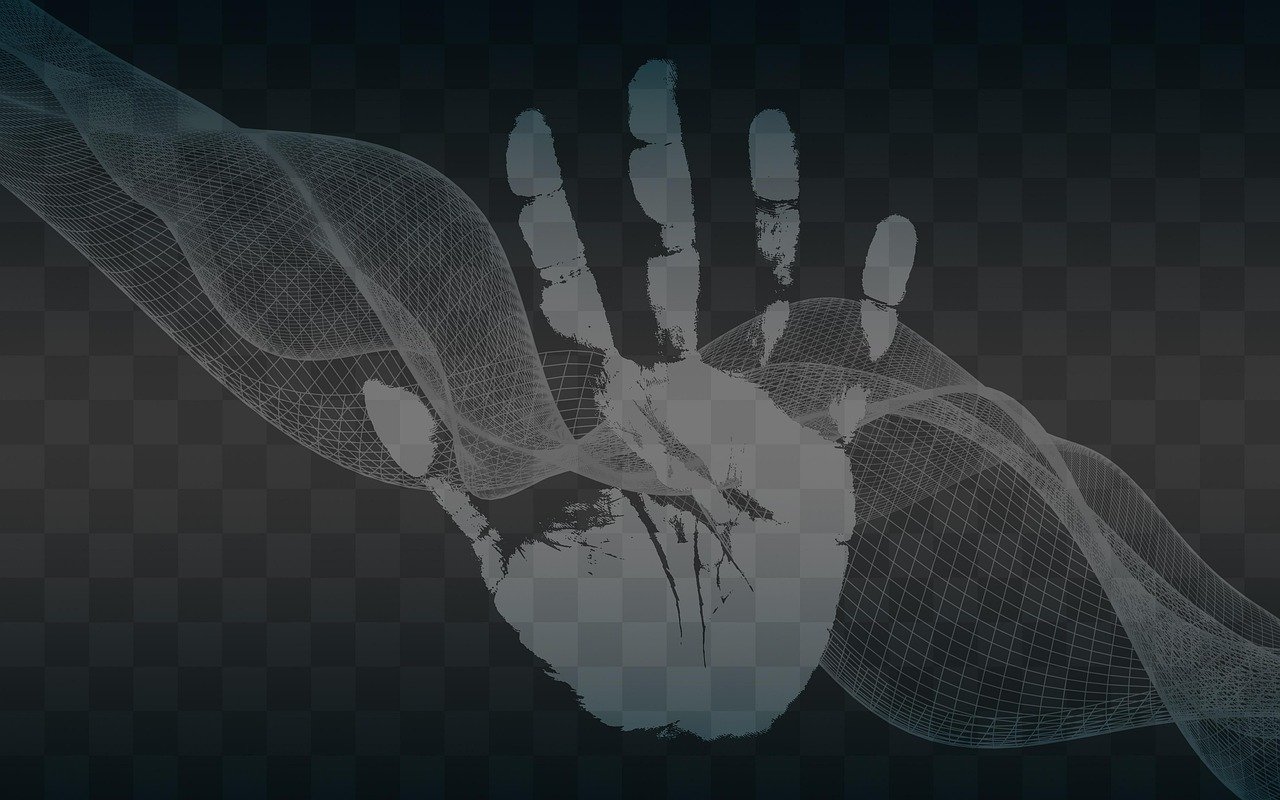Have you ever wondered if your computer might be compromised? It’s a nerve-wracking thought, isn’t it? With so much of our lives being digital, ensuring the security of your device is paramount. You might notice strange behavior from your computer and feel a nagging suspicion that something isn’t quite right. This guide will walk you through the signs that might indicate your computer has been hacked and what steps you can take to safeguard your digital world.
What Are the Symptoms of a Hacked Computer?
Much like when you’re feeling unwell and exhibit symptoms, your computer displays certain signs when it’s been compromised. Recognizing these signs can help you address the issue sooner rather than later.
Unusual Performance Issues
One of the first indicators is sluggish performance. Does your computer seem to lag or freeze unexpectedly? Although this might be due to routine performance issues, consistent lags, freezes, or applications opening and closing on their own can be red flags of a deeper issue.
Frequent Pop-ups
Unwanted pop-ups can be more than just annoying—they can indicate malware or adware on your system. If you’re suddenly bombarded with pop-ups, especially those urging you to download certain software or visit particular websites, it could be a symptom of a hack.
Unauthorized Applications
If you notice unfamiliar programs installed on your computer, this can be a strong indication that your system has been infiltrated. Hackers often install malicious software designed to steal data or spy on your activities without your consent.
Suspicious Network Activity
Keep an eye on your network activity. If you notice unusual spikes in data usage or find unknown IP addresses connected to your network, these could be signals that an unauthorized user is accessing your system.
Altered or Missing Files
Correctly managing your files means knowing what’s there. If important files are missing or altered without your approval, it might be a sign that a hacker is tampering with your data.
Strange Emails or Messages
If friends or contacts report receiving strange emails or instant messages from you that you never sent, your account might have been compromised. Check your sent folder for emails you don’t recognize.
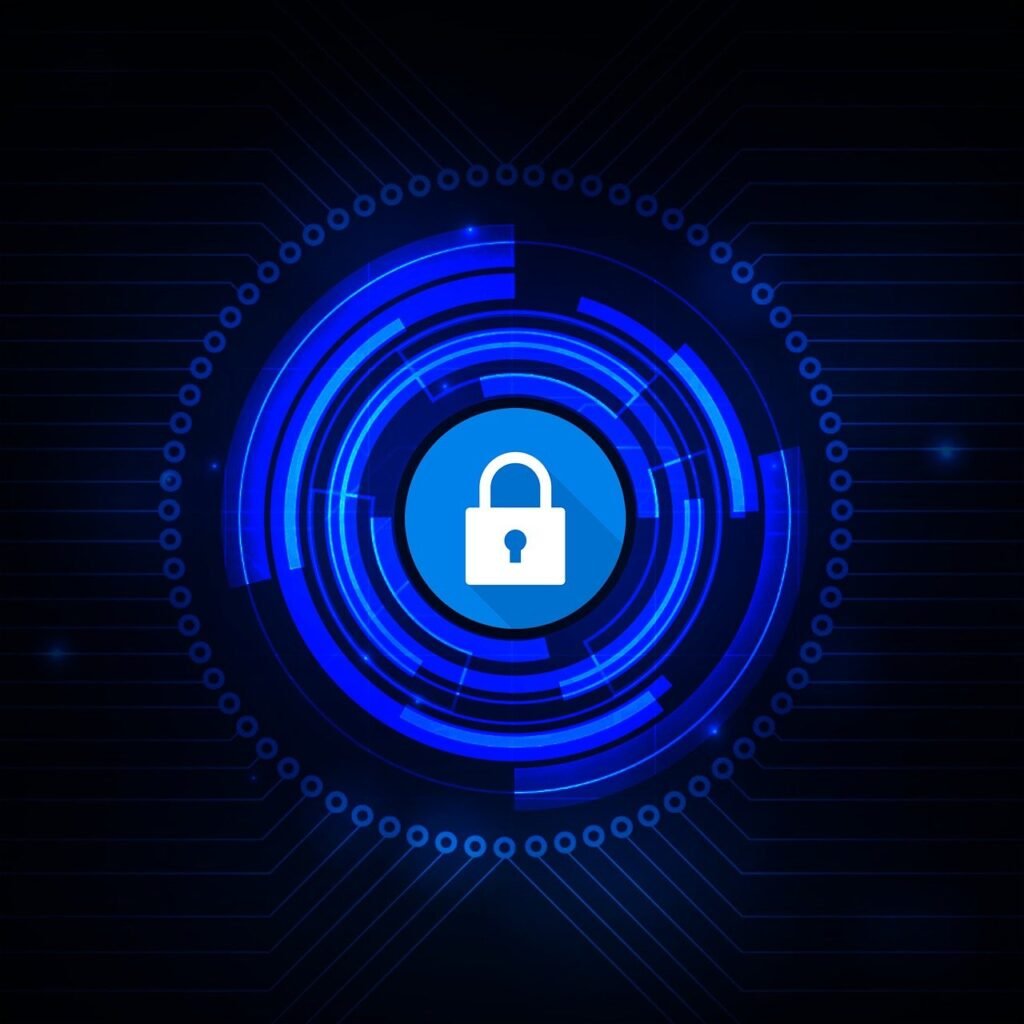
This image is property of pixabay.com.
How Can Hackers Infiltrate Your Computer?
Understanding how hackers might gain access to your computer can empower you to prevent future breaches. Cybercriminals employ several cunning tactics to exploit vulnerabilities.
Phishing Attacks
Phishing attacks are one of the most common methods. These attacks occur when scammers impersonate trusted entities to steal sensitive information through fraudulent emails, websites, or messages.
Malware and Viruses
Malware—short for malicious software—includes viruses, spyware, and ransomware that are often introduced through deceptive links or email attachments.
Weak Passwords
Using easily guessed passwords—or using the same password across multiple sites—can leave you vulnerable. Strong passwords create a tough barrier against unauthorized entry.
Outdated Software
Hackers are adept at exploiting loopholes in outdated software. Regular updates and patches are vital in closing these gaps and protecting your computer.
Insecure Networks
Accessing the internet through unsecured networks, like public Wi-Fi spots, can leave your data at risk. Open networks are often easy targets for those looking to intercept information.
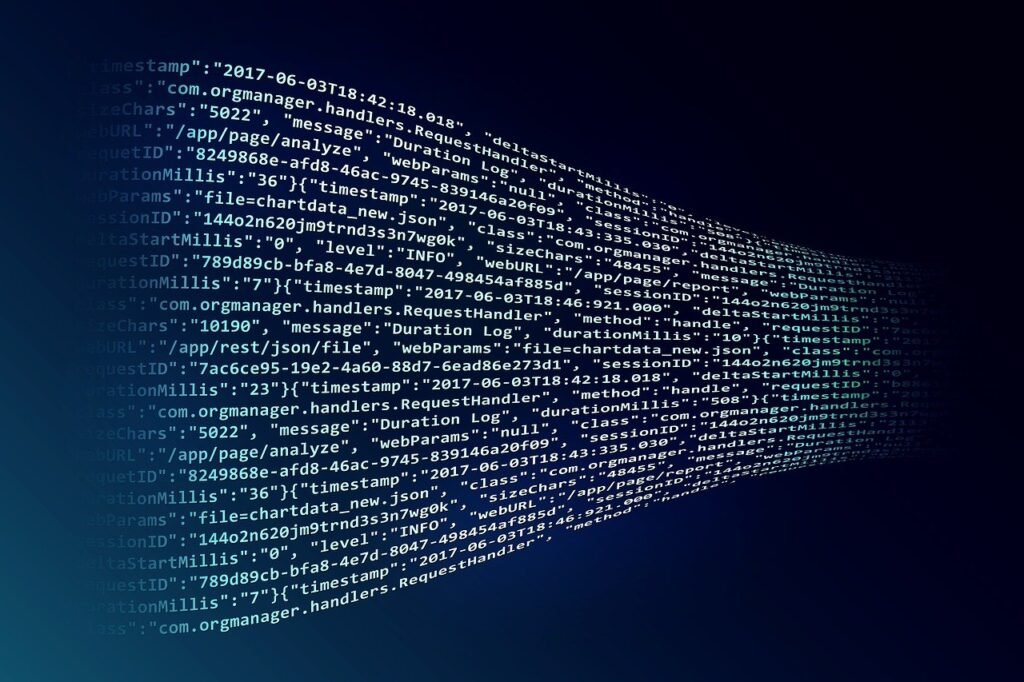
This image is property of pixabay.com.
Steps to Confirm Your Computer Has Been Hacked
Once your suspicions are raised, it’s crucial to confirm whether your computer has indeed been hacked. Here’s what you can do to investigate:
Run Antivirus and Anti-Malware Scans
Use your antivirus software to perform a full system scan. Many antivirus programs can detect and eliminate malicious software. Ensure that your antivirus definitions are up-to-date to catch the latest threats.
Check System Logs
Windows and macOS track system events in logs. Reviewing these logs can provide insight into any unauthorized access or system changes that may have occurred.
Monitor Network Traffic
Use network monitoring tools to identify unusual patterns in your network traffic, such as unexpected outbound connections. This activity might point to a hacker who has invaded your system.
Review Security Settings
Ensure your firewall is active, and check any recent changes to your security settings. Any unauthorized modifications could further confirm suspicions of a hack.
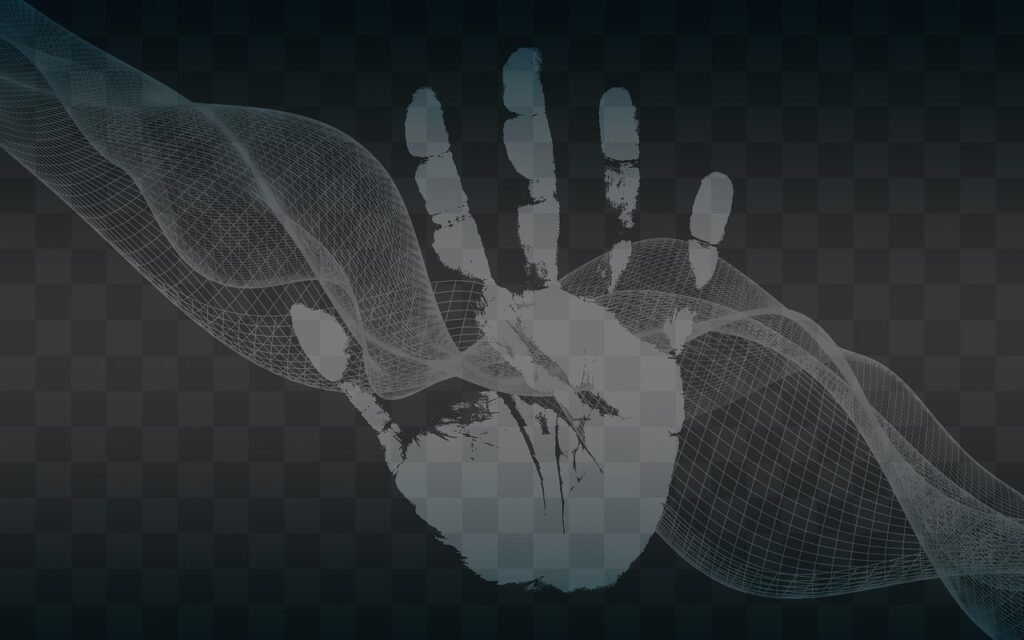
This image is property of pixabay.com.
What Should You Do if Your Computer Has Been Hacked?
If you’ve confirmed a breach, acting quickly can prevent further damage and protect your sensitive information. Here are steps you should take immediately:
Disconnect from the Internet
This is the first step in stopping a hacker from further accessing your data. Disconnecting can prevent further data breaches and stop ongoing threats from escalating.
Change Your Passwords
If you suspect your computer has been hacked, changing your passwords should be a priority. Start with sensitive accounts like your bank, email, and social media, and ensure each new password is strong and unique.
Alert Relevant Parties
Inform your bank or credit card provider if you suspect any financial information has been compromised. It’s also wise to notify friends and contacts to be wary of scam messages or emails that may come from your account.
Restore Your System
If the breach is severe, consider rolling back your computer to a restore point before the hack occurred. This can remove malicious software installed on your system.
Seek Professional Help
If you’re overwhelmed by the technical steps or suspect a severe breach, don’t hesitate to reach out to a professional. Cybersecurity experts can assess the situation and offer specialized solutions.
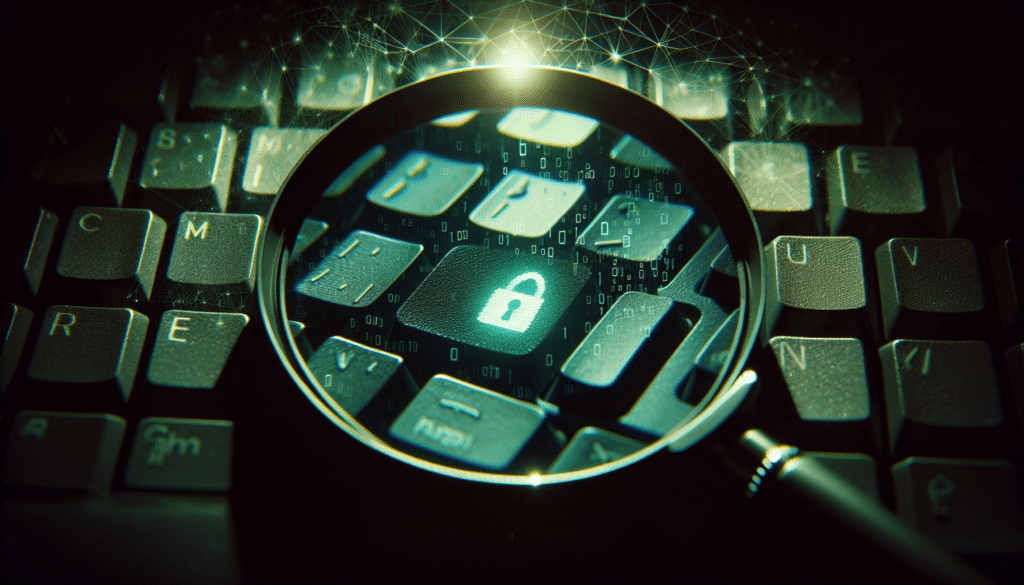
How Can You Prevent Future Hacks?
Prevention is key in maintaining the security of your computer. A proactive approach will make it harder for cybercriminals to exploit your system.
Use Strong, Unique Passwords
Consider using a password manager to generate and store complex passwords. This not only strengthens your security but also saves you the hassle of remembering each one.
Keep Your Software Updated
Regularly updating your software, including your operating system, browsers, and antivirus programs, can mitigate risks associated with vulnerabilities in outdated programs.
Install Reliable Security Software
Investing in reputable antivirus and anti-malware software adds an extra layer of defense, regularly scanning for potential threats and blocking them before they can cause harm.
Be Cautious with Email and Download Links
Scrutinize emails from unknown sources, and avoid downloading attachments or clicking links unless you’re certain they are safe.
Avoid Using Public Wi-Fi for Sensitive Transactions
If you must use public Wi-Fi, consider using a Virtual Private Network (VPN) to encrypt your data and protect it from prying eyes.
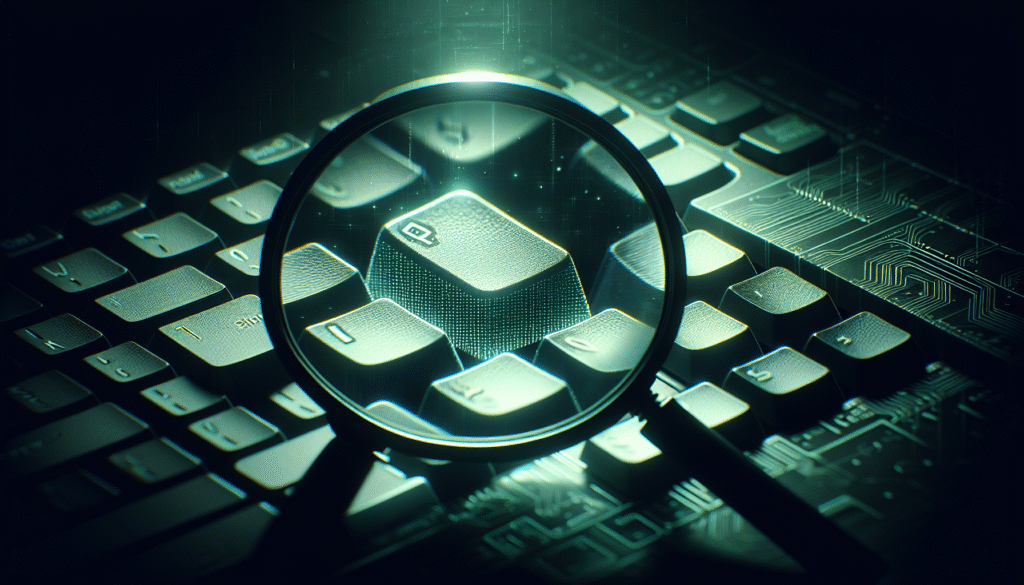
Conclusion
The thought of having your computer hacked is undoubtedly unsettling, but understanding the signs and acting promptly is crucial. Armed with the knowledge of what to look for and how to respond, you can protect your digital assets with confidence. Cybersecurity is a continuous process, and by following these guidelines, you establish a safer digital environment. Remember, staying vigilant and informed is your best defense against hackers. If you ensure proactive measures, your computer will remain a fortress against cyber threats. Stay safe out there!


